
‘If we do nothing, nothing will happen. We have to bring Crimea back from the shadows’
17/11/2023
On 24 February 2022, human rights lawyer Serghiy Zayets and his family became internally displaced persons (IDPs) for a second time as Russia launched its full-scale invasion of Ukraine. They immediately fled Irpin for Western Ukraine, where they still live today. Originally from Crimea, Zayets and his family had left the peninsula in 2014 following the Russian occupation. In this interview, Zayets speaks about his fight for the human rights of Ukrainian political prisoners in Russian custody, and the volatile nature of living and working in a war zone.
After fleeing Sevastopol in 2014, following the illegal annexation of Crimea, Zayets and his wife decided to live in Irpin, just outside Kyiv, believing it would be a safe place to raise their family: “Our assumption was that this was a place Russia wouldn’t be able to reach.”
But the full-scale Russian invasion made Zayets and his family IDPs for a second time.
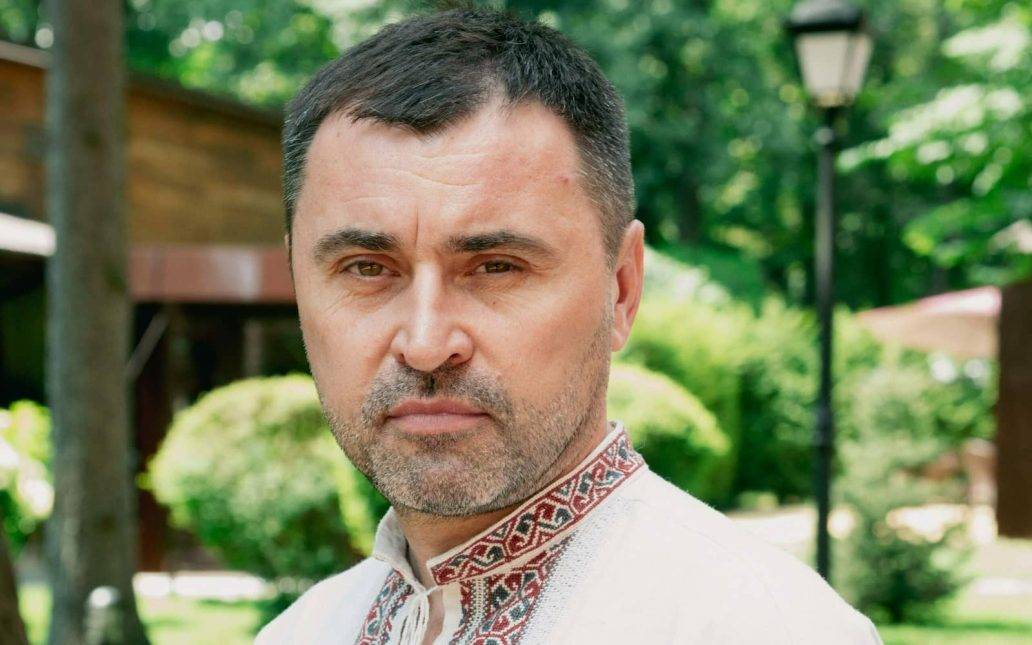
“Many people at the very start of the full-scale invasion tried to escape from Kyiv to places like Irpin and Bucha, believing they would be a lot safer.”
“But as soon as we saw the Russian planes flying low above our home and landing at Hostomel airport, we decided to leave – we actually left that same day.”
It took Zayets, his father, his wife and two children four days to reach Lviv, where they still live today. Despite the heavy fighting that followed in Irpin, their home survived with “broken windows and a hole in the roof, which is fine in comparison with the overall damage in the city”.
Following his displacement from Crimea in 2014, Zayets shifted his professional focus, becoming a full-time human rights lawyer, expert and educator. Since then, he has represented Crimean political prisoners at the European Court of Human Rights (ECHR), and now works on building cases related to the occupation and the full-scale Russian invasion of Ukraine.
Zayets is also a human rights educator and national expert with the Ukrainian Helsinki Human Rights Union (UHHRU, a member organisation of Educational Human Rights House Chernihiv) and the Council of Europe. He co-authored the recently published guidelines for Ukrainian authorities on the application of the European Convention on Human Rights during an emergency.
Zayets works on various human rights issues, but focuses primarily on the illegal occupation of Crimea.
He continues to work through shelling and power cuts. In January 2023, Zayets was submitting an appeal to the ECHR related to the case of Iryna Danylovych, a Crimean political prisoner, civic journalist and human rights defender.
“On that day, there was massive shelling and the electricity went down, so I couldn’t print the last few pages of the application form to the ECHR… I had to write the last few pages and an explanation to the ECHR by hand – this was the only way to meet the deadlines.”
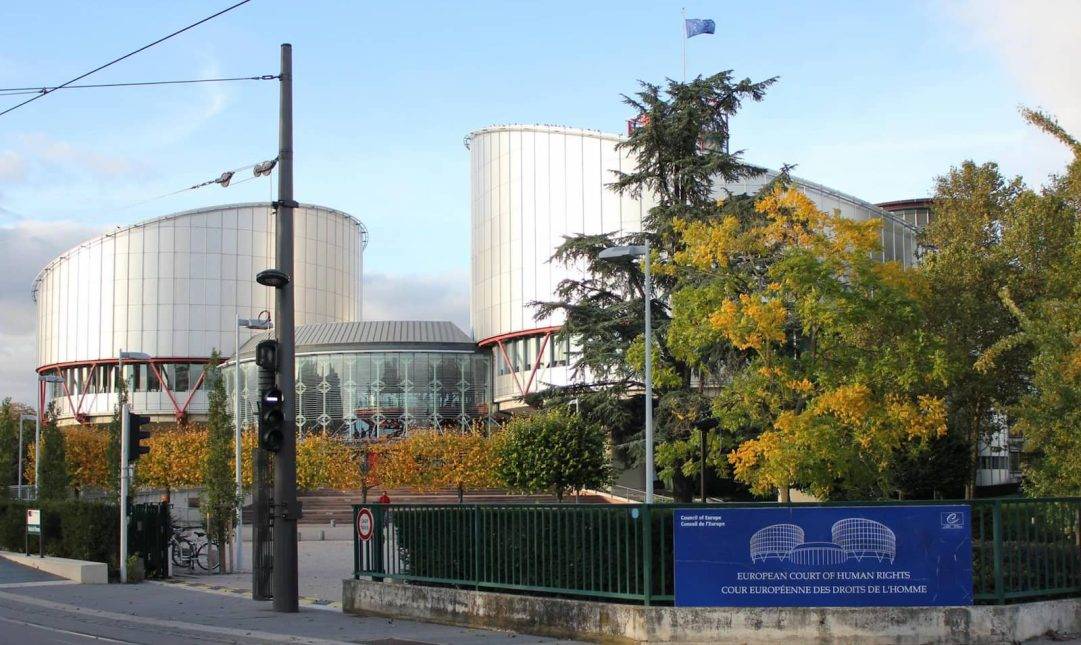
Human Rights House Crimea subsequently bought him a portable generator so he could continue working through the power cuts, with the support of the Emergency Support Ukraine (ESU) project, funded by the European Union.
The work of human rights defenders is essential to shining a light on what is happening in Crimea.
“Now I feel that the topic of Crimea is back on the agenda,” – says Zayets. “But behind all the bloody events, against the backdrop of constant death and destruction from the war, a Crimean held in a Russian prison can be forgotten.”
“Russia acts through constant escalation: the occupation of Crimea, the war in Donbas, and then a full-scale invasion. Add to this the Syrian crisis – when Russia bombarded Syrian cities, causing a huge number of refugees in Europe. This all is escalation. And it turns out that each subsequent event pushes the previous one into the background.”
One of Zayets’ strategic cases at the ECHR is related to the mass displacement of the population caused by Russia’s illegal annexation of Crimea, and again further by the full-scale invasion. Zayets works on this case in cooperation with the European Human Rights Advocacy Centre and the Regional Press Development Institute.
He explains that the case had to be built from scratch due to the lack of international practice: there are only semi-official commentaries to the Guiding Principles on Internal Displacement, which mention potential third-party responsibility (in this case, Russia) only briefly.
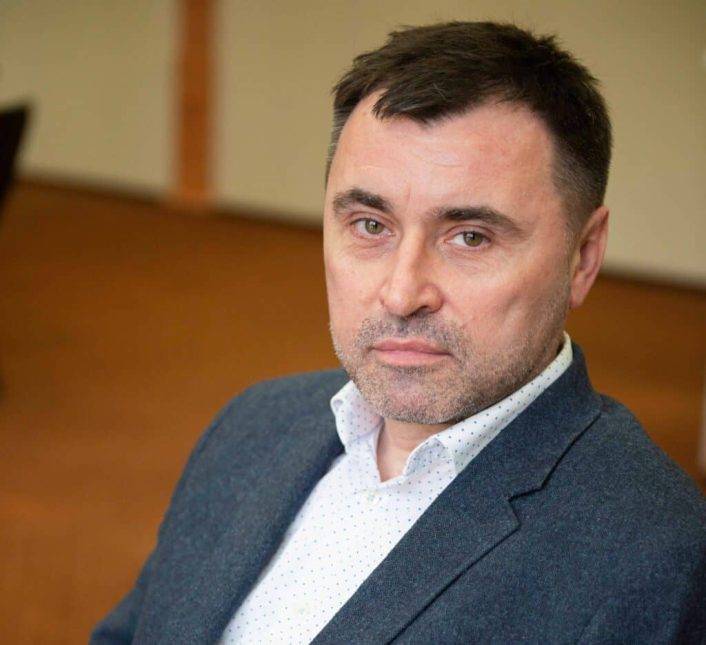
“Strategic cases are built by comparing less obvious violations with more obvious ones. In the case of Crimea, there is quite complex argumentation, where we need to make the connection between annexation and the mass displacement of people, as well as making a distinction from economic migration”.
“This case arose out of an intuitive feeling, a strong feeling that it should not be like that… I submitted an application in September 2014 – on my own behalf,” Zayets said.
“There are about a dozen of such [Crimean] cases [in the ECHR] now. The applicants are completely different – from successful lawyers forced to stop practicing and flee, and ordinary people who did not have any strong political position before the annexation, or even pro-Ukrainian sentiments, to those who suffered from political persecution.”
Zayets said the issue became more obvious when it concerned double displacement as a result of the full-scale invasion.
“There are also triple displacements – for example, people who left Chechnya, received Ukrainian citizenship, settled in Crimea before 2014, had to move again, and then again due to a full-scale invasion when they found themselves under fire. When you put it all together, it becomes clear, Russia should be held responsible for this.”
Together with UHHRU, Zayets also worked on the case of Crimean children who lived in orphanages and had Russian citizenship imposed on them following the annexation in 2014, and were subsequently offered for adoption to Russian citizens. “We are unlikely to be able to help these children, but talking about it is important. This case is on the verge of genocide in terms of international criminal law. It was not paid attention to before, but the issue became massive after the full-scale invasion, when children were simply taken away by the busload… The ECHR [refused the request for interim measures, but] issued a press release, which means that this is an important case, this does not happen often.”
“Currently, there are no relations with Russia and there are no international mechanisms to influence this situation in Crimea. But if we do nothing, nothing will happen. We have to bring Crimea back from the shadows. Even the Hundred Years’ War ended. And this war will be over one day. We need to ensure that such violations are prevented in the future.”
Zayets says that when he communicates with victims or their families, he warns them that such cases will not significantly affect their immediate situation, “but it must be done – the minimal effect we get is that the person is not forgotten. This could be demotivating, but I know and see where we are going,” he says.
According to the Crimean Human Rights Group (a member organisation of Human Rights House Crimea), there were at least 204 verified political prisoners related to Crimea as of 29 September 2023. This number includes 154 Crimean human rights activists, journalists and regular citizens and 50 verified cases of Ukrainian citizens kidnaped and transferred by Russia from the occupied territories of Kherson and Zaporizhia to Crimea or to Crimea and later to Russian territory.
Among Zayets’ priority cases at the ECHR this year are cases supported by Crimea SOS related to the illegal detention of human rights defender Iryna Danylovych, and Kherson resident Oleksiy Kiselyov, a co-founder of Pereselenec – SOS (Displaced Persons SOS), an NGO that works to help IDPs. Zayets also represents civic journalist Amet Suleymanov at the UN Committee against Torture.
Danylovych is a Crimean human rights defender, medical professional, and civic journalist who exposed problems in the healthcare system in Crimea and advocated for the rights of health workers. In April 2022, she was arrested and in December was sentenced to seven years in prison and a fine, for ‘illegal acquisition, transfer, sale, storage, transportation, shipment or carrying of explosives or explosive devices’.
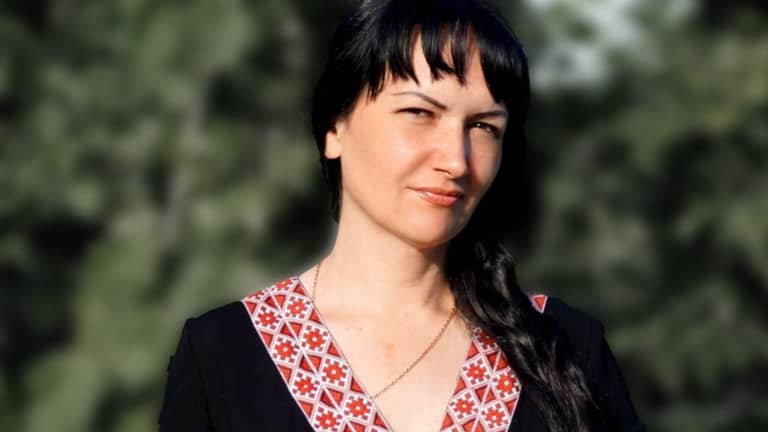
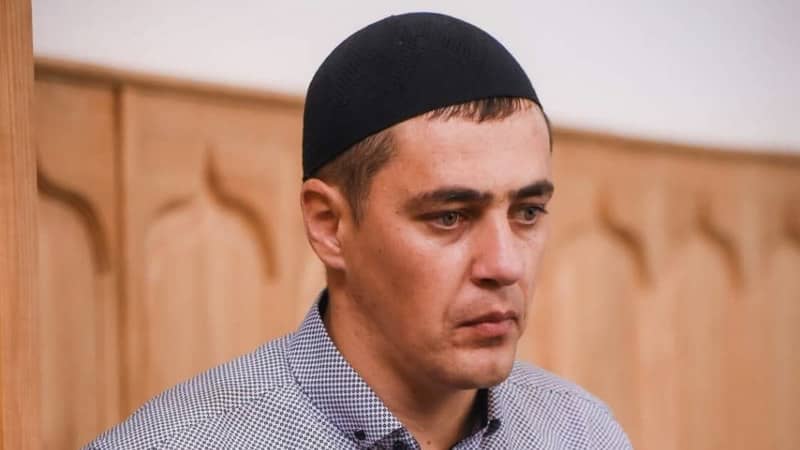
According to relatives and lawyers, Kiselyov was illegally arrested in the form of abduction in Henichesk, Kherson region and transferred to Crimea.
Suleymanov is a citizen journalist associated with Crimean Solidarity, who reported on searches and detention of Crimean Tatars after the occupation of Crimea by Russia in 2014.
Kiselyov, Danylovych and Suleymanov were all three recently deported from Crimea to Russia.
Zayets says most victims are ready to fight their case, though they often understand that they won’t get anything from legal protest, and may well lose everything, but they want at least to have this case in the European Court of Human Rights, so that it doesn’t get lost.
Talking about political prosecutions, Zayets highlights the two main difficulties faced by legal representatives: “First – whatever you do as a lawyer, it doesn’t work. The Russian authorities do not respond to legal arguments. The second is the atmosphere of fear and demotivation among lawyers.”
Zayets says his approach is that everything that can potentially help the persecuted should be done.
“My position is that those Ukrainians who are held by the Russians and who appealed to international bodies have a better chance of escaping than those who are unknown.”
Emergency Support Ukraine (ESU) is a regional project that provides opportunities for emergency support for Ukrainian civil society and independent media in the wake of the full-scale Russian invasion. ESU is funded by the European Union and implemented by an ERIM-led coalition of partners including Human Rights House Foundation.
The original story published by Human Rights House Foundation
Stories
-
Katarina Mathernova: If Ukraine had a human face and a human spirit, it would be 10-year-old Roman Oleksiv
-
A regional mission to drive social entrepreneurship: the story of Ksenia Kosukha
-
EU restores safe water supply for 100,000 Ukrainians affected by war
-
Promoting IT during the war: Lviv IT cluster and how EU4Digital helps
-
Frontline digitalisation: Kharkiv IT Cluster collaborations
-
How EU4Youth is driving opportunity and success among young Ukrainians